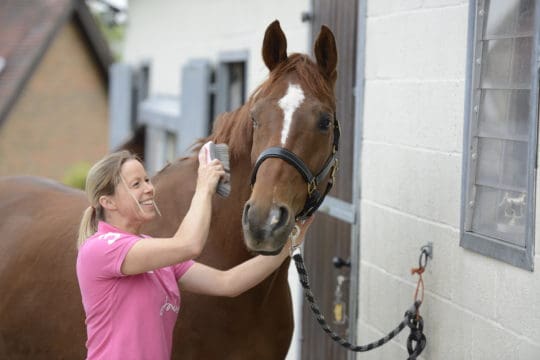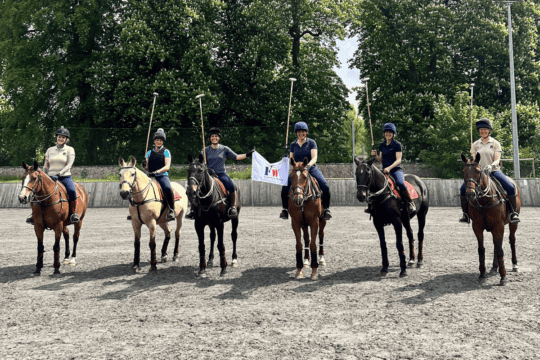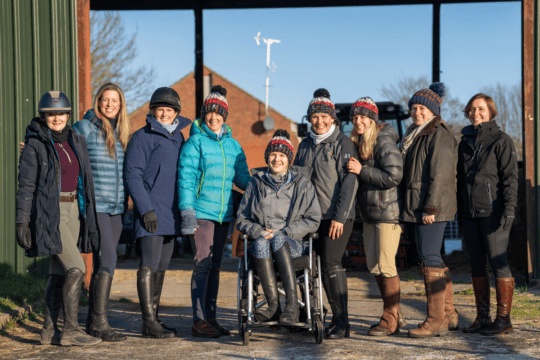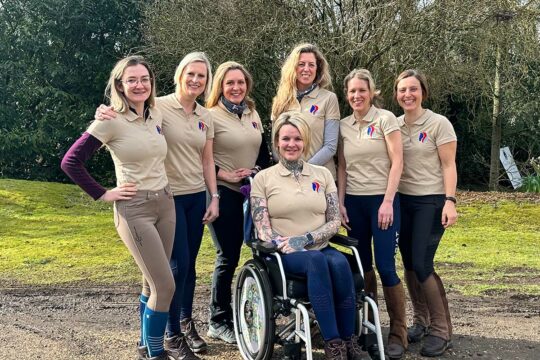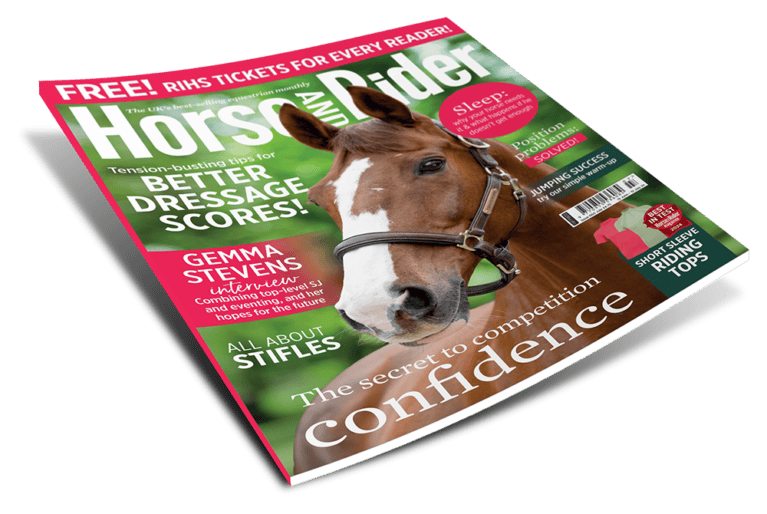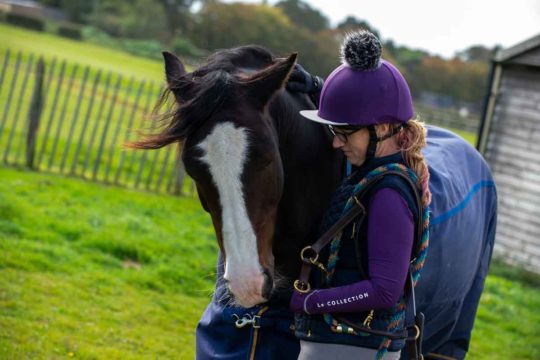
Most Read Articles

A unique partnership event in Devon teaches UK vets valuable field surgery skills
A special equine training clinic hosted by The Mare and Foal Sanctuary in Devon has given professional vets from all over the UK the opportunity to learn valuable field surgery and anaesthesia skills on semi-feral ponies.
The specialist clinic, organised by the British Equine Veterinary Association (BEVA), enabled vets to demonstrate castration techniques in the field, rather than an operating theatre. It’s a valuable professional skill and greatly improves the future of colts who, uncastrated, are often difficult to find homes for. As geldings they could become riding or companion ponies or they could return to moorland sites to graze in gelding herds, helping land conservation.
Seven ponies from Dartmoor and three colts (including two Shetland ponies) from a private owner based in Cornwall were brought to The Mare and Foal Sanctuary’s Beech Trees Veterinary and Welfare Assessment Centre in Newton Abbot, Devon, ahead of the clinic for pre-operative training. The colts spent more than a month adapting to their new environment, gaining confidence and being expertly trained by the Sanctuary’s care staff for close handling by the vets.
Syra Bowden, The Mare and Foal Sanctuary’s Head of Equine Welfare said, “As a champion of excellence in equine education and welfare, we were glad to host such a valuable training event to help the continuing professional development of 17 vets who work across the UK. We had delegates from as far as Kilmarnock, Northumberland, Norfolk, Wales, the Midlands, Wokingham, Reigate and Cornwall. The clinic was extremely successful, and nine of the 10 colts were able to undergo surgery, showing calm and relaxed behaviour throughout.
“The course taught several anaesthetic techniques which have different effects. It allowed the delegates to practise all the stages of the procedure, from fitting catheters, administering drugs and the castration itself, right through to recovery.
“Partnerships are vital within the equine community, and we’re proud to work so closely with other organisations and owners who put equine welfare at the heart of all they do.”
BEVA member Richard Frost, owner and Director of Tor Equine Vets, based at The Beech Trees Veterinary and Welfare Assessment Centre, added, “This kind of field clinic might only happen a couple of times a year but is invaluable. It’s usually hosted in Liverpool, so it’s a long way for people in the Southwest to travel.
“During the training event, relatively newly graduated vets literally had equine specialists at their fingertips to give them guidance to understand the best ways of doing this kind of specialist work. Some already have a bit of experience, while others will have never castrated an animal or carried out a general anaesthetic on a horse. It’s vital that vets get the opportunity of these training days where they can work in an environment where they’ve got support.”
The seven semi-feral ponies taking part in the training were from the Dartmoor Pony Chinkwell Herd, working alongside the Dartmoor Pony Heritage Trust (DPHT). The Chinkwell Herd’s generational farmer and breeder Margaret Rogers says, “Collaborative partnership work like this is essential if we are to meet our objective of the survival of important heritage breeds with very rare bloodlines, following thousands of years roaming Dartmoor.
“The DPHT is dedicated to supporting breeders and keepers to preserve the native Dartmoor pony on Dartmoor. The semi-feral herds run on the uplands, continuing the essential conservation grazing and environmental management of the moor. But iconic breeds like the Dartmoor Pony face a struggle with diminishing numbers and their survival is dependent on breeders being able to sell drift colts who have been handled and castrated successfully. That’s why I’m pleased to have been part of this vital training.”
As Head of Sanctuary Care for The Mare and Foal Sanctuary, Sally Burton leads the team responsible for training the visiting colts. She concludes, “We’ve taken it quite slowly and kept them at a stage where they were always happy with what we were doing and didn’t become fearful or stressed. The Sanctuary care team worked hard on their training twice a day, every day, over several weeks and I think the results have paid off. I’m very proud of their hard work and dedication. It’s great to work with other organisations to demonstrate high equine welfare standards and it’s also important for the heritage breed ponies who might not have such a great future if they can’t be castrated.”
The Mare and Foal Sanctuary wishes to thank all those who took part in the event and who are dedicated to sharing the highest standards of equine education and welfare.
Find out more at mareandfoal.org

